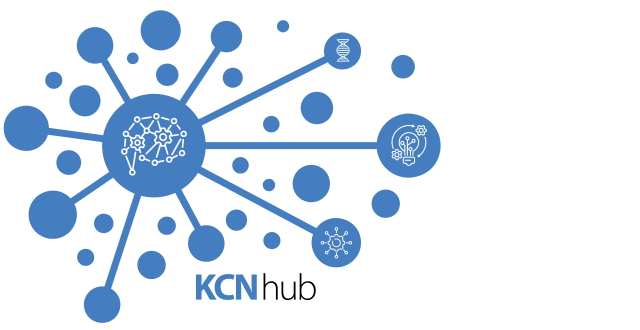Collective dynamics of large-scale spiking neural networks by mean-field theory
Abstract: The brain’s functionality, whether in health or dysfunction, depends on the emergent collective dynamics that arises from the coordinated activity of populations of neurons. To avoid the challenges and costs associated with experiments and extensive simulations, we use mean-field theory to reduce large-scale neural networks to low-dimensional neural mass models in terms of macroscopic observable variables, such as the population firing rate. This approach provides an analytical tool to gain insight into the underlying mechanisms of brain functions. These mean-field descriptions establish a precise correspondence between the microscopic dynamics of individual neurons and the collective dynamics of the neural network. They can characterize spike synchronization between neurons and predict transitions between asynchronous and synchronous network states, as well as various patterns of synchronization, such as slow-fast nested collective oscillations. This presentation will introduce the basic idea of mean-field modeling and its application in investigating collective behaviors influenced by current heterogeneity, spike frequency adaptation intensity, and delayed synaptic transmission. We will also explore the impact of calcium dependent short-term synaptic plasticity, particularly the effect of activating muscarinic acetylcholine receptors (mAChRs) at hippocampal synapses.
Brief Bio: Liang Chen is a PhD candidate in the Department of Applied Mathematics at the University of Waterloo. Her doctoral research focuses on model-based inference of neurological mechanisms from a dynamical systems perspective. Previously, a visiting scholar (Professor in Engineering, China).

